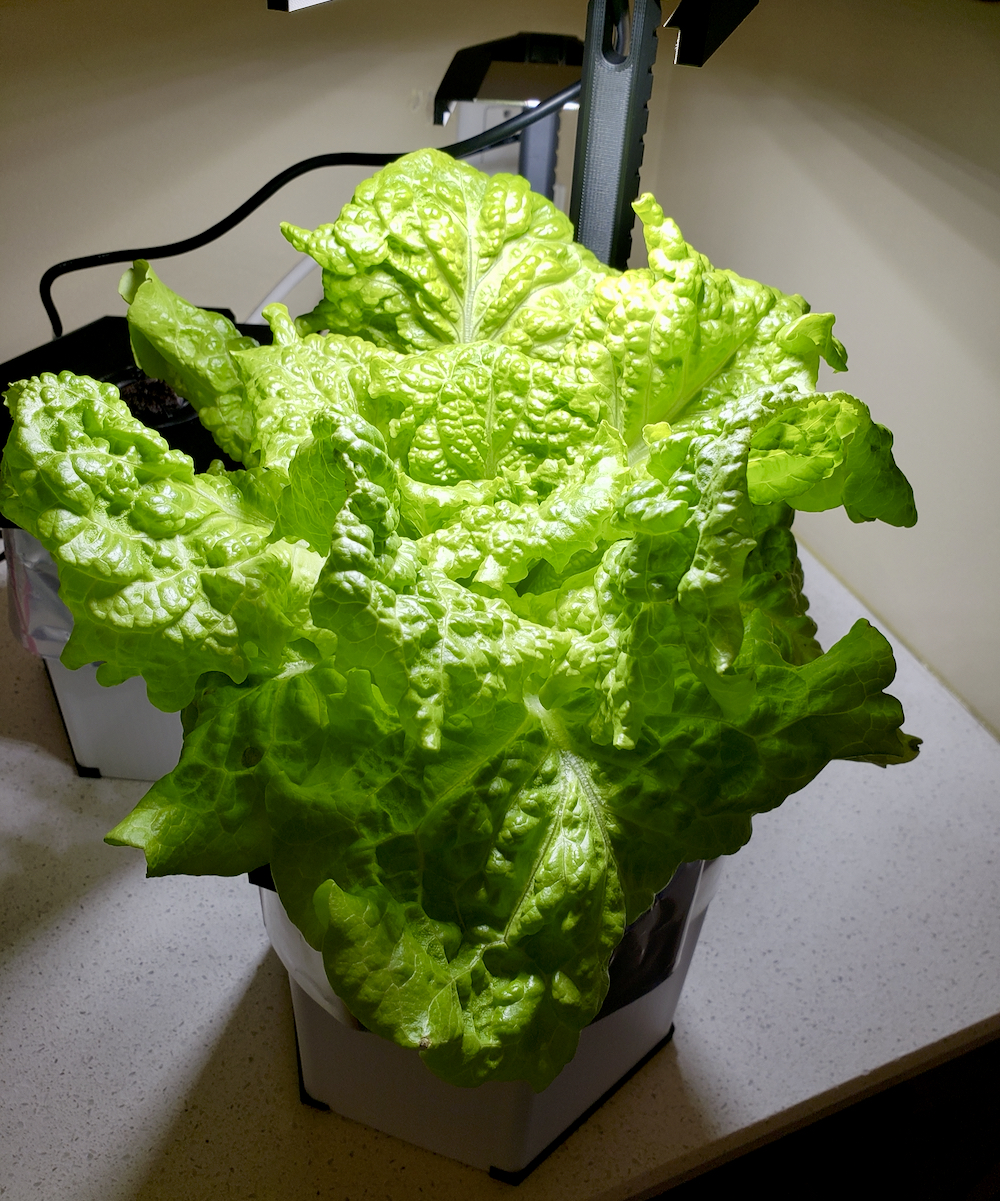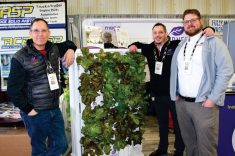A Manitoba inventor has developed a homegrown solution to five-dollar lettuce.
Neil Evenson is the founder of Radical Growing Company, which produces self-contained, do-it-yourself, single-plant hydroponic kits.
Evenson is a design engineer by trade but he loves to tinker in his spare time, and every now and again, those tinkerings turn into a viable product he’s able to commercialize.
Read Also
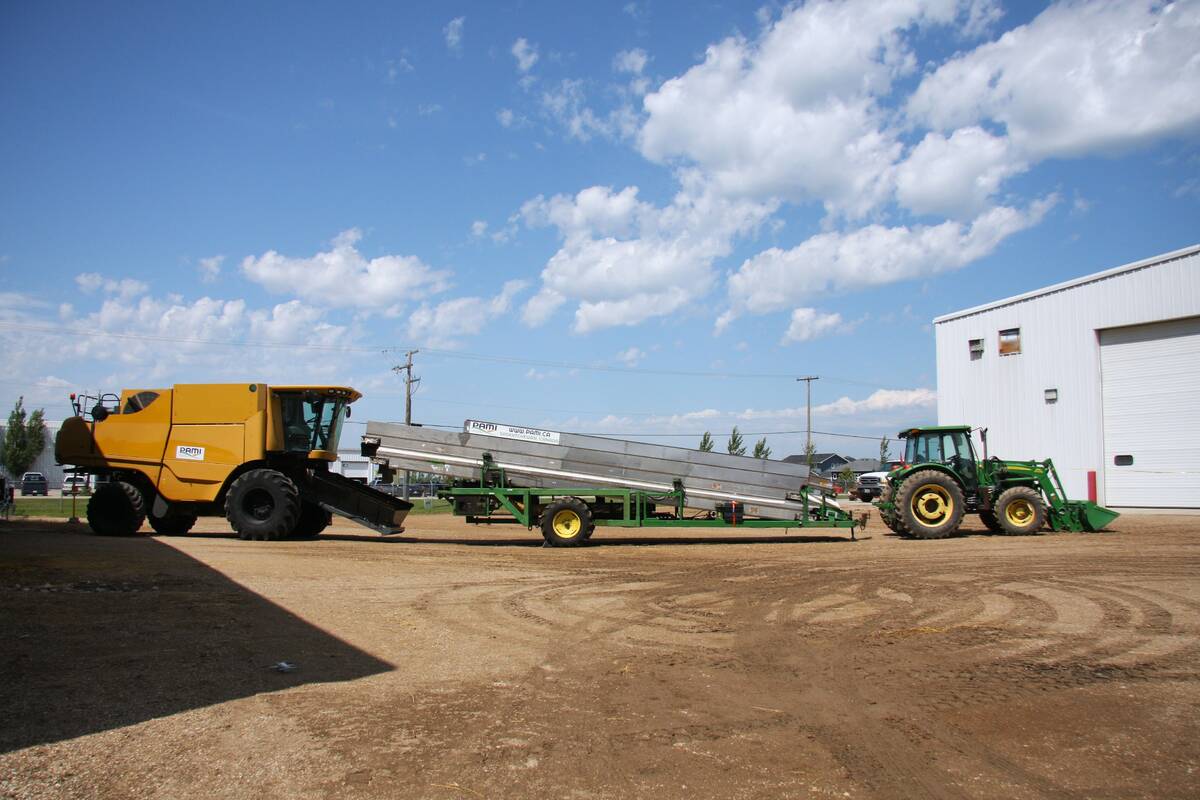
Manitoba funds look to improve farm equipment interoperability
PAMI’s getting another $25,000 to help farm machinery and their digital systems, across different brands, work together.
“I’ve been starting businesses, with varying levels of success, since I was 16,” says Evenson, “though none are enough to let me retire.”
His latest venture started as a pandemic project in March 2020 and began as a hobby.
“I’ve kind of always had an interest in growing food, and this idea took hold during the pandemic in March of 2020, so the only option really was to do it indoors,” he says.
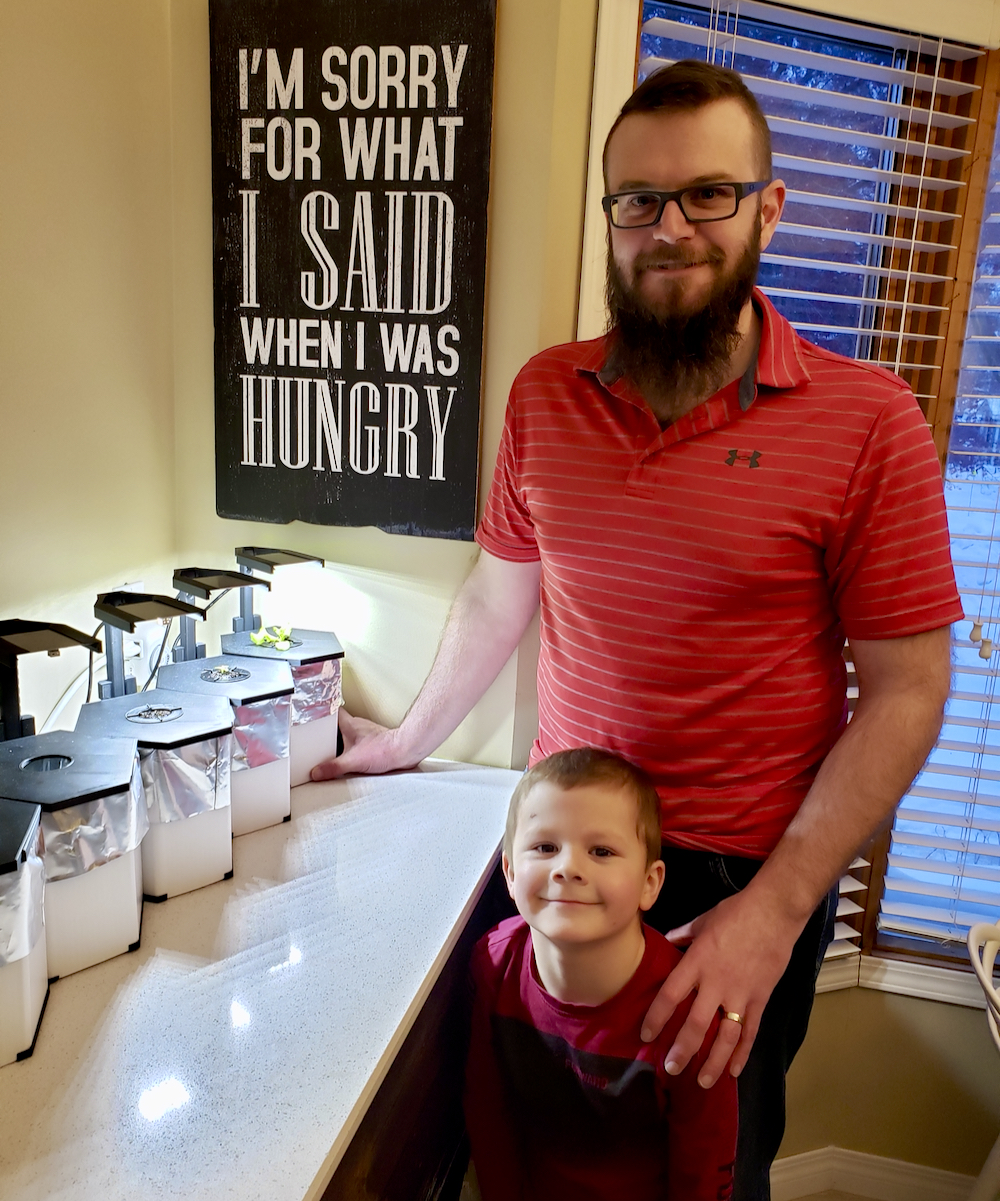
The idea of a small, indoor farming system has been gaining steam in recent years. Lettuce is a popular plant to grow because of its high value and low input cost.
[RELATED] Comment: Lettuce romaine calm
Evenson was convinced he could build a small and economical growing unit. The early version was rudimentary.
Affordable home food production could find a fit in an inflationary era.
“I was literally using milk jugs with the tops cut off as reservoirs.”
He credits objections from his wife, Sylvia, about old milk jugs cluttering the basement for creating the marketable version he now sells.
Determined to get his wife on board, Evenson began to think of ways to make the kit more aesthetically appealing, and with his background in product design, he was up for the challenge. The idea that this could be a money-making endeavour emerged from that process.
He began to think about the target market. Sylvia mentioned a person from the Yukon who she followed on Instagram. The town where the woman lived had a gas station and a dry goods store, but nowhere to buy lettuce.
“She has to drive 10 hours to get fresh produce,” says Evenson.
Then he knew the product could be more than a hobby craft kit. It could address real food insecurity or food access issues.
That eureka moment influenced product design. To be used in remote communities, it had to collapse to Canada Post specifications to be economically shipped.
The result was a surprisingly small package that consists of a single plastic sheet folded into six panels, a lid, lighting and a USB-based power cord. It also includes several support rings and a light stand that Evenson manufactures himself with a 3D printer.
When set up, the unit has a footprint about seven inches in diameter and eight inches tall, and the light stand rises another nine inches above the lid.
To keep costs down, at least for the small-scale manufacturing process Evenson envisioned, the 3D printer production method was essential.
“If it was in Canadian Tire, maybe that’s a different story, but just to get started on it, I made sure that I could use 3D printing to avoid investing tens of thousands of dollars to create tooling for [the parts].”
It may be a while before Radical Grow Company products are in the local big box store. Evenson says the company is in what he calls the “pre-official launch” stage.
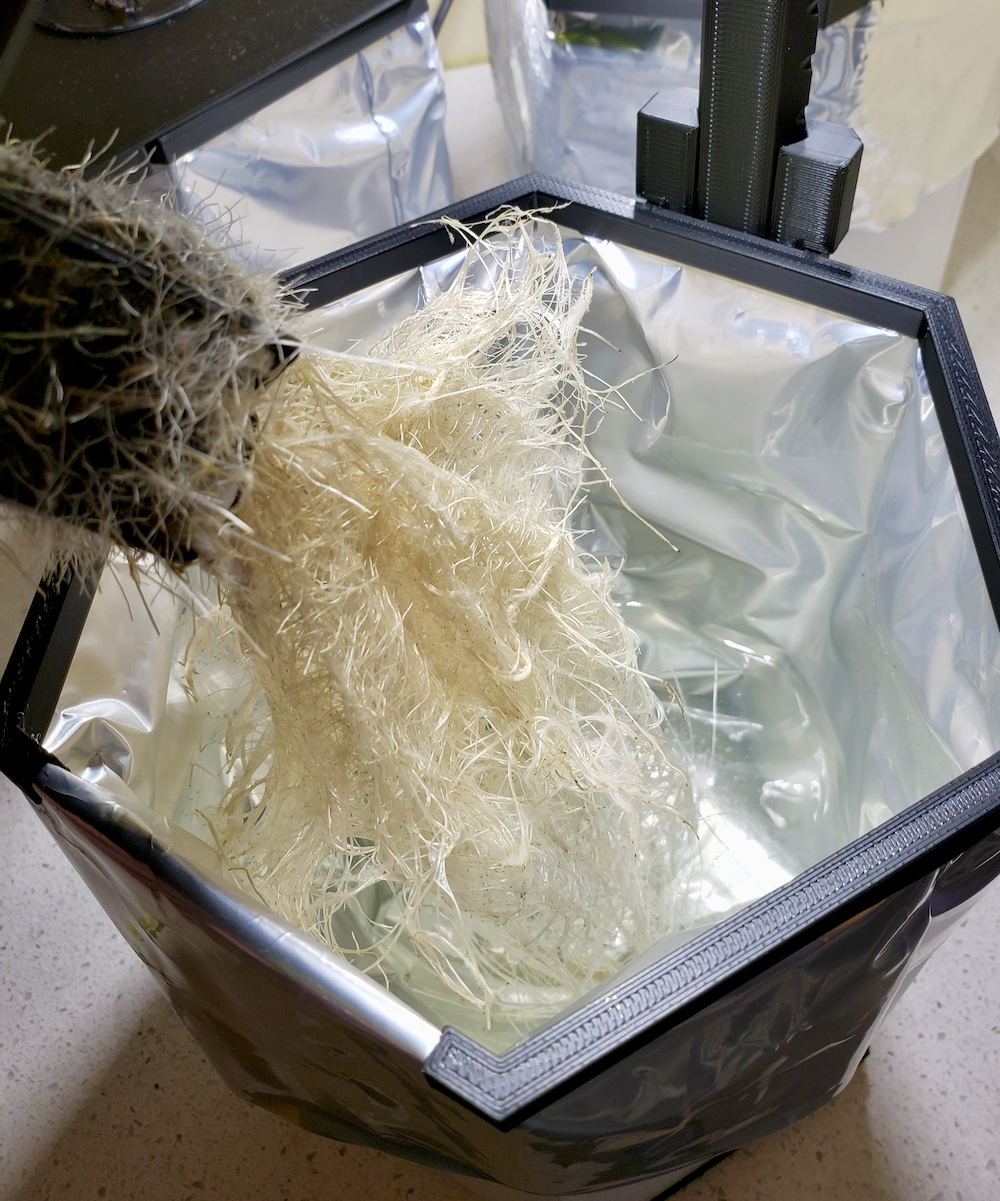
To date, he has sold units to buyers from the Yukon, northern Manitoba, the Northwest Territories and Winnipeg.
Evenson is working to get the message out to more remote communities, where he’s finding significant interest. He’s in talks with a remote First Nation community about how the product might work in a food sovereignty program.
[RELATED] Comment: Winter salads without lettuce
“They’re considering buying a few dozen units to try out, and they would like me to do a presentation and go through how it works,” Evenson said.
There is also a unit at the Heartland Colony School in the RM of Springfield. Evenson has two kids, and early on, it was clear there was an educational angle to be tapped.
“For my son, who is just turning five, it was a good project during the pandemic,” he says. “The joke around here is he is going to have a skewed development because he thinks lettuce comes from the basement.”
Can his product really compete with $5 lettuce? Evenson thinks he can do even better than that. When the idea first took hold, lettuce was nowhere near the currently inflated price. He was using the target of $2 per head or less to compete with prices at the time.
“But now, at $5, it’s looking pretty good,” he says.
The Indoor Leafy Green Growing Kit unit costs $49, so there is an initial start-up cost but producing a head of lettuce requires about 50 cents worth of electricity, seeds, growing pod (a peat moss plug), and nutrient pack. Evenson is running a limited-time promotion to get people going.
“We’re going to be giving away 100 of the do-it-yourself starter kits,” he says. “The only catch is that you have to take a picture of the light and the reservoir you’re going to use so I know you’re going to do it, and then I’ll send it to you. I have no problem sending it as long as you’re going to do it.”


